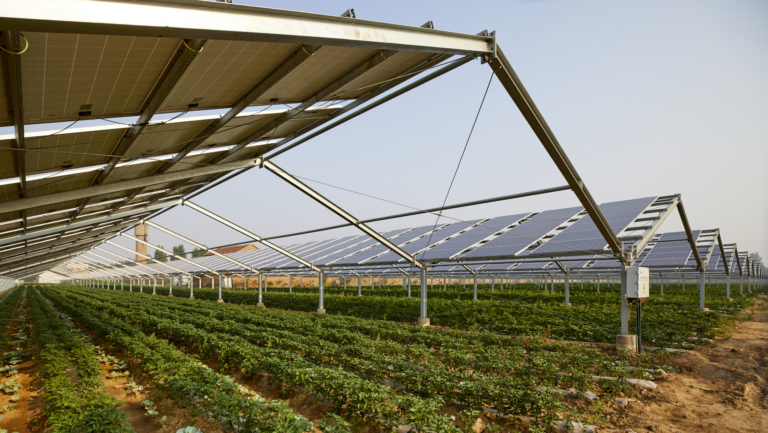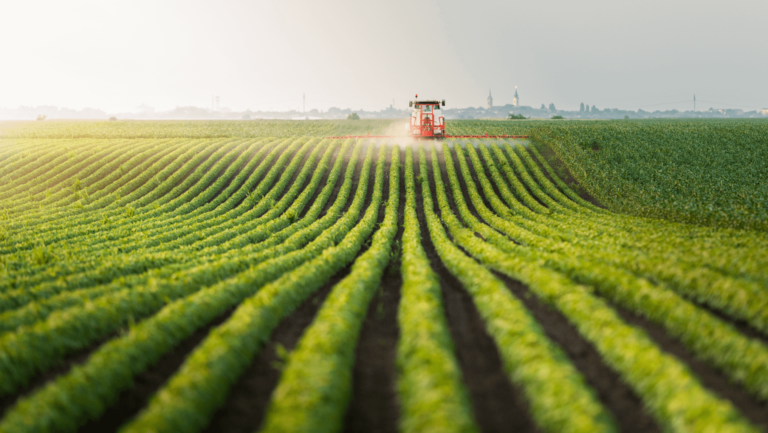Food Additive Regulation for Livestock Feed
In a recent Ag Committee hearing discussing agriculture’s role in the fight against climate change, American Farm Bureau Federation President Zippy Duvall made a point that there are ways the federal government can step in to support farmers as they implement climate smart practices on their operations.
One topic briefly touched on was the deregulation of feed additives to allow more streamlined access for farmers and ranchers. Feed additives in livestock feed has shown to be a promising way of reducing methane emissions caused by enteric fermentation. However, existing FDA regulations require submitting a food additive petition (FAP) to the FDA for approval. This process is long, time-consuming, and a major deterring factor for farmers to use this strategy to reduce livestock methane emissions.
Currently, there is little research in the United States on the efficacy and safety of food additives and supplements to reduce livestock methane emissions. However, the Department of Primary Industries and Regional Development in Western Australia published findings the end of 2020 that studied this form of carbon farming. Some of these findings include:
- Feeding cattle one type of seaweed at three percent of the diet has resulted in up to 80 percent reduction in methane emissions from cattle.
- Fats and oils showed the most potential for practical application to farming systems with methane emission reductions that ranged 15 to 20 percent.
According to the Emissions Reduction Fund in Australia, there are currently two approved methodologies for using feed additives and supplements to capture carbon and reduce livestock emissions.
- Feeding dietary additives to dairy cows such as canola oil, brewers grain, hominy meal, or dried distillers grain.
While this research shows promise, it is not without concern. For example, nitrate toxicity can be fatal to cattle if nitrate is added to the top of a diet already high in protein. To effectively deregulate food additives to give farmers greater access to these methane-reducing practices, there must be clear research and educational training programs for them to implement them safely.






